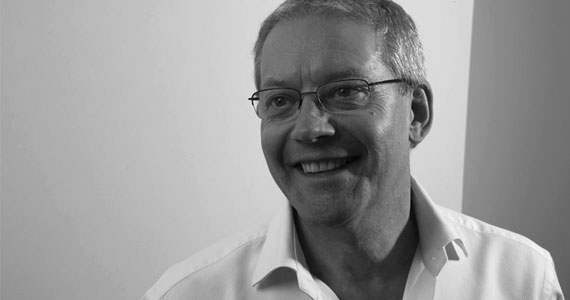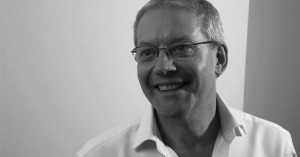What is Kindness?
According to Wikipedia kindness is a behaviour marked by:
‘ethical characteristics, a pleasant disposition, and concern for others. It is known as a virtue, and recognised as a value.’
Google defines kindness as:
‘the quality of being friendly, generous, and considerate’.
How do you define it?
When I was a child I read the book ‘The Water Babies’ by Charles Kingsley. In the story there was a wonderful character called Mrs Do As You Would Be Done By. She ensured that whatever the children’s behaviour; it was reflected back to them. Later in my travels I discovered the laws of Karma and Dharma and the concept that ‘what goes around comes around’.
If the law of karma is real then we have a vested interest in treating other people well, on the basis that we will also be treated this way. This can make acts of kindness and altruism begin to sound too calculated though, in terms of social stability, in any community or group of people, treating others fairly means that I will be treated fairly as well.
In Ayurvedic psychology acting positively and serving the needs of others without expecting anything in return is termed ‘Bhakti’. People such as Ghandi, Mother Theresa and Nelson Mandela, amongst many others, would fall into this category. People who have given of themselves without great reward or aggrandisement. You will probably know of people in your life or community who have been Bhakti.
Kindness or treating other people fairly and well is enshrined in most religions and philosophies. In the Ayurvedic and Hindu worlds acting in the right way is termed dharma.
‘The word “dharma” has multiple meanings depending on the context in which it is used. These include: conduct, duty, right, justice, virtue, morality, religion, religious merit, good work according to a right or rule, etc. Many other meanings have been suggested, such as law or “torah” (in the Judaic sense), “logos” (Greek), “way” (Christian) and even ‘tao” (Chinese).’
Though there is no équivalent word for dharma in the Western lexicon.
‘Dharma has the Sanskrit root dhri, which means, “that which upholds” or “that without which nothing can stand” or “that which maintains the stability and harmony of the universe.” Dharma encompasses the natural, innate behaviour of things, duty, law, ethics, virtue, etc. Every entity in the cosmos has its particular dharma — from the electron, which has the dharma to move in a certain manner, to the clouds, galaxies, plants, insects, and of course, man. Man’s understanding of the dharma of inanimate things is what we now call physics.’
For me, psychological or spiritual dharma is to act in the right way, in every situation all the time. An ideal to aim for though hard to achieve. This is what we in ‘live in the present’ term mindfulness. To be mindful in the moment, to be aware of yourself and the other people around you means that you can do nothing but act in the right way, which is to act with kindness. Being mindful, being positive, being kind and being happy are all facets of the same attitude of mind and way of being.
Kindness is in the same spectrum as love. It is part of the positive forces that brings people together, solves problems and creates happiness.
However you would express your acts of kindness, it would be good if we could all spend the day being consciously kind.
Be happy.
Sean x





 Ed suggested to Rie and I that we need to follow his
Ed suggested to Rie and I that we need to follow his